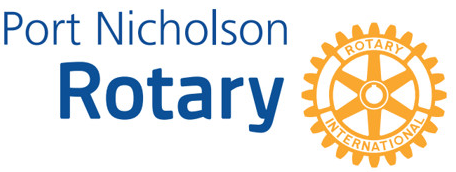26 April Cameron Bagrie, Chief Economist, ANZ Bank

Cameron began his talk state of the economy talk by tracing the history of economic recessions since of the past 50 years showing a 10-year pattern - 1997/78, 1987, 1998 and 2008.
He said it is a common perception that New Zealand blows itself up after global events. The fact is, it is before. The housing market goes crazy and people go into debt – there is a housing and consumption boom.
So, in 2017 what are we seeing?
The Auckland housing market is off the charts. Credit growth is growing faster than income growth. Will there be a recession in 2018? Cameron feels this time is different.
1. While there is a housing boom, there is no consumption equivalent – they are not hand-in-hand as previously. NZ’ers are more inclined now to save for tomorrow eg. Kiwisaver
2. There are not enough houses being built to meet the demand.
3. The Reserve bank is not sitting idly by – rather it is playing a ‘bouncer at the door’ role, not prepared to let history repeat itself.
4. Regulators for the banking sector are being stricter with the mismatch between money coming in, money going out and slower deposit growth.
5. Productivity growth – historically productivity takes a hit before economic crises. While earthquakes have led to major economic hits and productivity growth, New Zealand is working towards good growth.
Internationally interest rates are lower leading to recession and pressure on the economic fabric. Brexit, Donald Trump, and the French elections are a concern.
With a higher awareness of social justice Cameron sees New Zealand’s biggest issues as being housing and affordability, income and expenditure, and immigration. We are shifting to a new economic world and will have to tilt very gradually in a new direction – although we don’t yet know what that is.
He thinks New Zealand is in a great space and hopes that in 2018, history does not repeat.
Ros Fogel
Club Reporter
